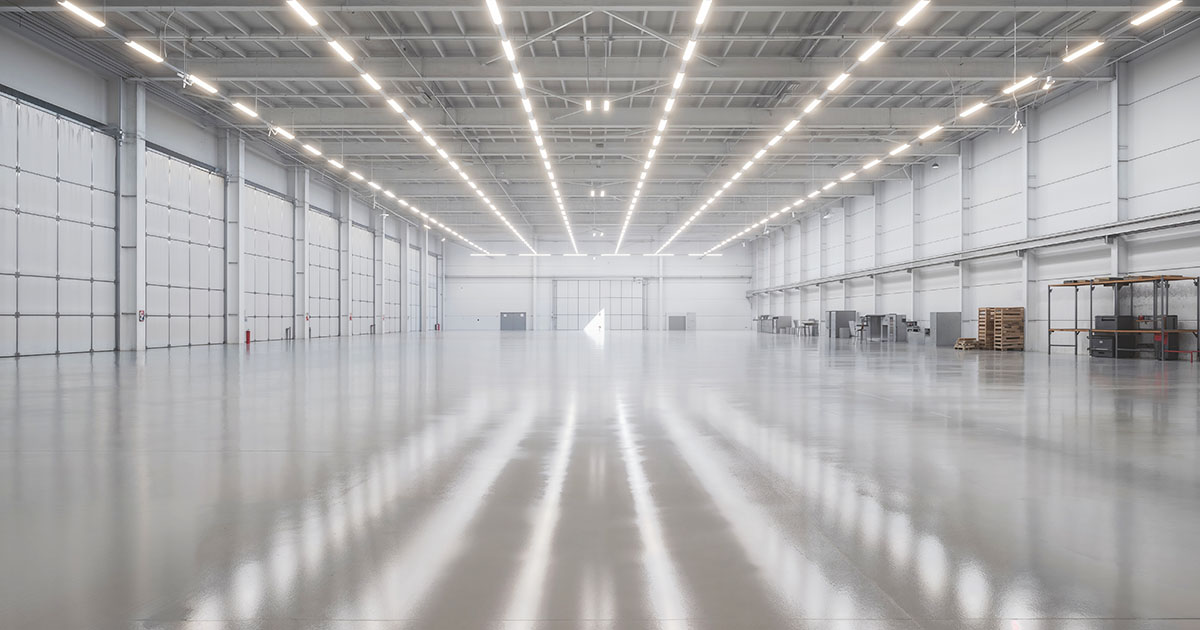Major survey of investors and developers reveals growth opportunities in evolving industrial real estate market

Extensive independent research commissioned by law firm Forsters reveals key growth opportunities as the industrial and logistics real estate sector adapts to market and policy pressures.
Forsters’ report, Outside the box: supporting an industrial evolution, is based on a survey by FTI Consulting’s professional research team in the first quarter of 2023. Sixty-one UK-based professional investors and developers in UK real estate assets were surveyed and another four leading developers and investors were interviewed about their experiences in competing for land, investment and occupiers while adapting to the shifts taking place in uses, formats, locations and policy.
Markets and demand
The ‘warehouse bubble’ has burst for 77% of the sector, but almost half (46%) expect an increase in asset values and rental levels in 2023 and a smaller proportion (39%) believe there will be an increase in occupier demand.
Urban logistics and last-mile real estate are expected to experience greatest demand in 2023. As last-mile delivery centres move closer to residential areas, the sector acknowledges the need to be neighbourly. Around half say that running HGVs on clean energy (46%) and creating a modernised site infrastructure (46%) will help co-location and planning permission.<?p>
The research suggests some mismatch between future investment development. There is a higher demand from investors than developers in transport and logistics (49% investors, 36% developers), retail (28% and 15%) and post and parcel delivery (26% and 18%). Where there is higher demand from developers than investors, the result could be a lack of finance for speculative development. Uses most affected would be data centres (25% investors and 38% developers) and food and beverage (31% and 38%).
Advocates of modal shift from road to rail will be heartened to see rail come top for its prospects: 51% believe rail freight will generate the greatest growth in occupier demand in 2023, compared with 33% for both road and maritime.
Greater London is seen as offering the best prospects for investment by 28%, followed by the North West (13%), South East (11%) and West Midlands (11%). Those who selected Greater London were mainly driven by its connectivity (47%), availability of assets (35%) and availability of supply (35%). Across all regions, the key factors for investors were connectivity (51%), closely followed by good value (49%) before a large gap to availability of labour (30%).
Innovation
Competition for land continues to drive interest in multi-storey industrial development: 52% have seen an increase in developer appetite in the past year and 77% believe that multi-storey sheds will play a large role in UK logistics in the future.
Investors and developers were optimistic about the impact of technologies, such as e-commerce (69%), robotics (67%) and electric vehicle charging (67%), and saw the most significant positive impact coming from artificial intelligence (33%) which trumped e-commerce (28%). AI was also seen as most likely to have a negative impact (15%).
Sustainability
The industry highlighted the need for assistance in meeting net zero targets. Key asks were government subsidies for renewable energy (54%), assistance with measuring progress (34%) and expert guidance (26%). With growing pressure for refurbishment, 57% said that cost is an issue, while 34% highlighted the extent of refurbishment required and around a quarter blamed inadequate structures (26%) or the quality achievable through refurbishment (23%).
Smart meters (57%) were most popular as a means of improving the sustainability of existing developments, followed by additional insulation (51%), while 77% of respondents currently use solar panels or plan to. Although only 18% currently use battery storage technology, a huge 51% are planning on using it.
When it comes to incentivising tenants to reduce energy consumption, 39% advocate the use of smart meters as part of a reciprocal agreement. Only 26% of respondents see green lease provisions as the most effective incentive to offer a tenant.
Forsters partner Victoria Towers comments, “Investors are confident of long-term occupier demand and of overcoming construction risk as inflation peaks. What this national survey reveals is huge diversity in not only the opportunities but also the responses to them.
“The sector is innovating and continues to show resilience. The pioneers will need legal innovation to keep pace. Lawyers must help manage the development and use of space looking to the long term to preserve asset value in schemes. This should include supporting a collaborative relationship between landlords and tenants to achieve environmental and social sustainability objectives.”




